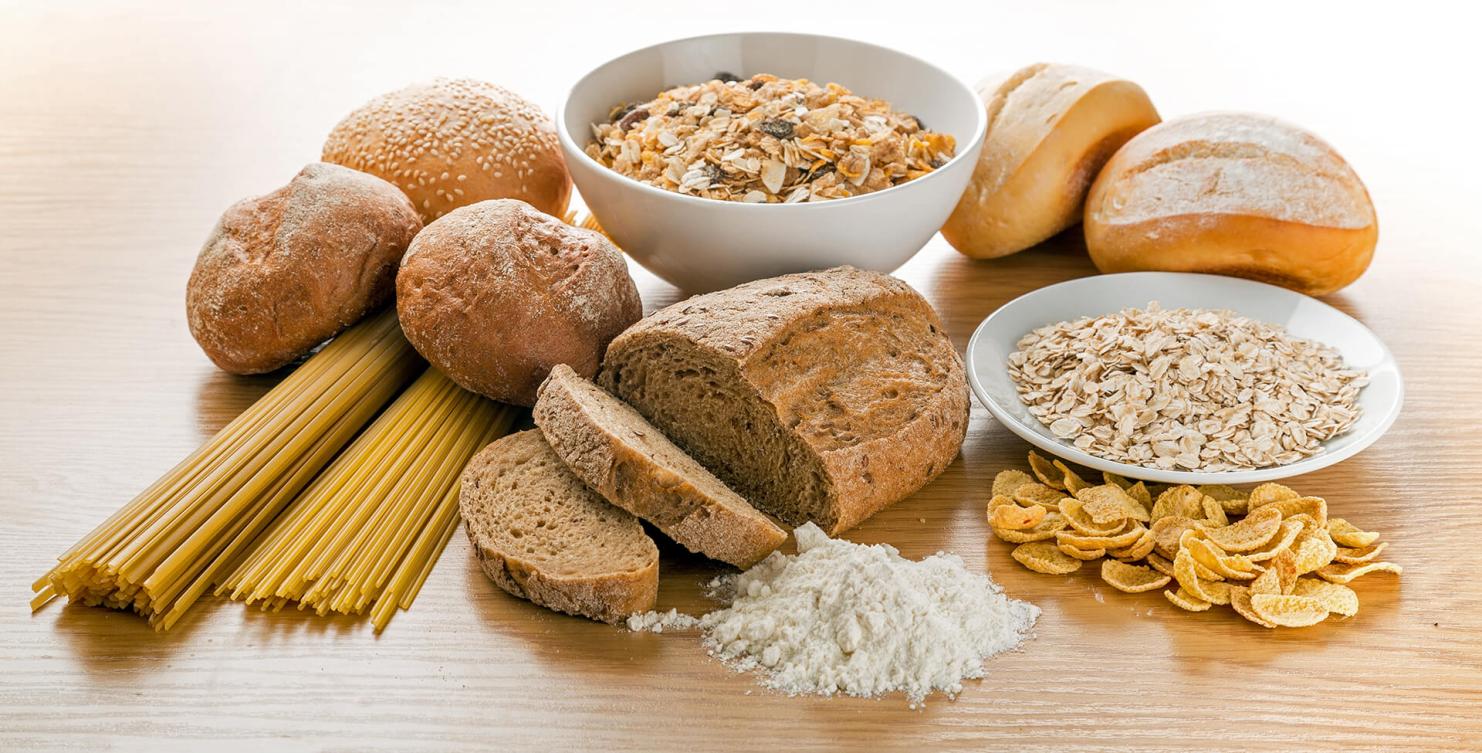Gluten-Free Diet and Weight Management: Can I Lose Weight by Going Gluten-Free?
In recent years, gluten-free diets have gained popularity as a potential strategy for weight management. This article delves into the relationship between gluten-free diets and weight loss, exploring the mechanisms by which gluten may affect weight, reviewing the evidence for weight loss on gluten-free diets, and discussing the benefits and drawbacks of adopting a gluten-free lifestyle.

Gluten And Weight Management
Gluten, a protein found in wheat, barley, and rye, has been the subject of much debate regarding its impact on health and weight management. While some individuals experience adverse reactions to gluten, such as celiac disease or gluten sensitivity, the effects of gluten on weight management in the general population are less clear.
- Gluten Sensitivity or Intolerance: Individuals with gluten sensitivity or intolerance may experience digestive issues, inflammation, and weight gain when consuming gluten-containing foods. Eliminating gluten from their diet can alleviate these symptoms and potentially lead to weight loss.
- Gut Microbiota Changes: Gluten consumption may alter the composition of gut microbiota, which can affect metabolism and weight regulation. Some studies have shown that a gluten-free diet can positively influence gut microbiota, leading to improved weight management outcomes.
- Inflammatory Responses: Gluten has been linked to increased inflammation in certain individuals. Chronic inflammation can contribute to weight gain and metabolic disorders. Reducing gluten intake may help reduce inflammation and promote weight loss.
- Hormonal Imbalances: Gluten may interfere with the production of certain hormones involved in appetite regulation and metabolism. A gluten-free diet may help restore hormonal balance, leading to improved weight management.
Gluten-Free Diet For Weight Loss
The evidence for weight loss on gluten-free diets is mixed. Some studies have shown positive results, with individuals losing weight after adopting a gluten-free lifestyle. However, other studies have found no significant differences in weight loss between gluten-free and regular diets in individuals without celiac disease or gluten sensitivity.
- Studies Showing Positive Results: Several studies have demonstrated that individuals following a gluten-free diet experienced significant weight loss compared to those on a regular diet. These studies suggest that a gluten-free diet may be beneficial for weight management in certain individuals.
- Studies Showing No Significant Effects: Other studies have found no significant differences in weight loss between gluten-free and regular diets in individuals without celiac disease or gluten sensitivity. These findings suggest that a gluten-free diet may not be effective for weight loss in the general population.
- Individual Variations in Response to Gluten-Free Diets: The response to a gluten-free diet for weight loss can vary greatly among individuals. Factors such as overall dietary patterns, lifestyle habits, and individual sensitivities to gluten can influence the effectiveness of a gluten-free diet for weight management.
Benefits Of A Gluten-Free Diet Beyond Weight Loss
While the relationship between gluten-free diets and weight loss is complex and individualized, there are potential health benefits of a gluten-free diet for individuals with celiac disease or gluten sensitivity.
- Improved Digestive Health: A gluten-free diet can alleviate digestive symptoms such as bloating, gas, abdominal pain, and diarrhea in individuals with celiac disease or gluten sensitivity.
- Reduced Inflammation: Gluten-free diets have been shown to reduce inflammation in individuals with celiac disease or gluten sensitivity, which can have positive effects on overall health and well-being.
- Enhanced Nutrient Absorption: A gluten-free diet can improve the absorption of nutrients, such as iron, calcium, and vitamin B12, which are often poorly absorbed in individuals with celiac disease or gluten sensitivity.
- Boosted Energy Levels: Many individuals with celiac disease or gluten sensitivity report increased energy levels after adopting a gluten-free diet, likely due to improved digestion and reduced inflammation.
Cautions And Considerations

While a gluten-free diet may be beneficial for certain individuals, it is important to consider the potential drawbacks and limitations before embarking on this dietary change.
- Limited Food Options and Higher Costs: Gluten-free foods can be more expensive and less accessible than regular foods, which may make it challenging to maintain a gluten-free diet long-term.
- Risk of Nutrient Deficiencies: A gluten-free diet can be restrictive, and if not properly planned, it may lead to deficiencies in certain nutrients, such as fiber, iron, calcium, and vitamin B12.
- Potential for Weight Gain: Gluten-free foods are often higher in calories and sugar than their gluten-containing counterparts. Consuming excessive amounts of gluten-free foods can lead to weight gain if not balanced with a healthy overall diet and lifestyle.
The relationship between gluten-free diets and weight loss is complex and individualized. While some individuals may experience weight loss on a gluten-free diet, others may not. The effectiveness of a gluten-free diet for weight management depends on various factors, including individual sensitivities to gluten, overall dietary patterns, and lifestyle habits.
Before starting a gluten-free diet, it is essential to consult with a healthcare professional to determine if it is the right choice for you. A healthcare professional can provide guidance on how to adopt a gluten-free diet safely and effectively, ensuring that you receive the necessary nutrients and support to achieve your health goals.
YesNo

Leave a Reply